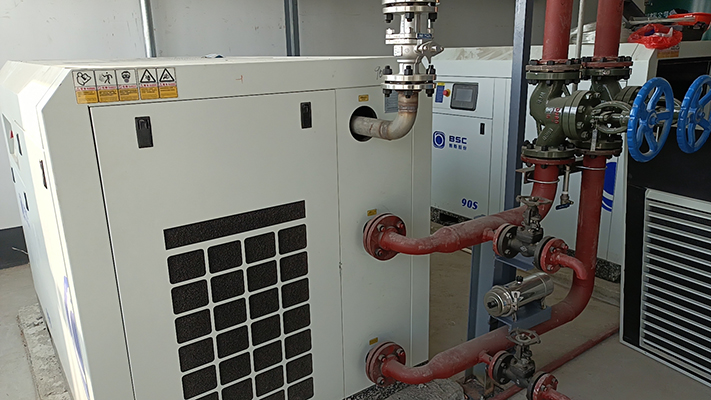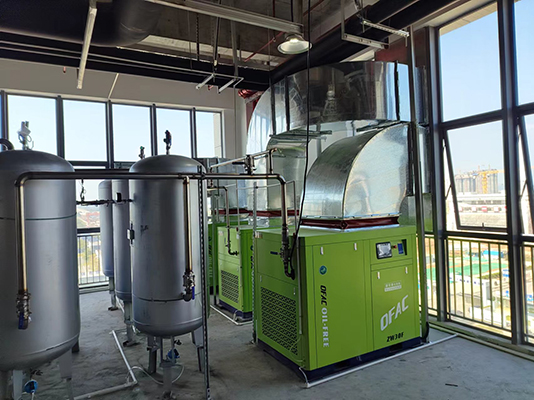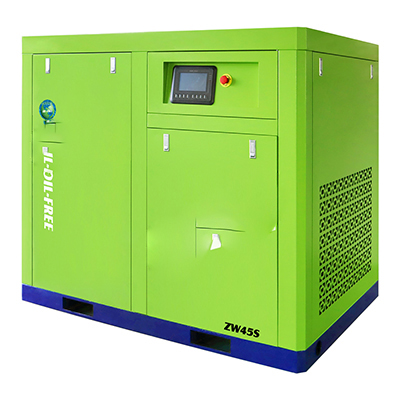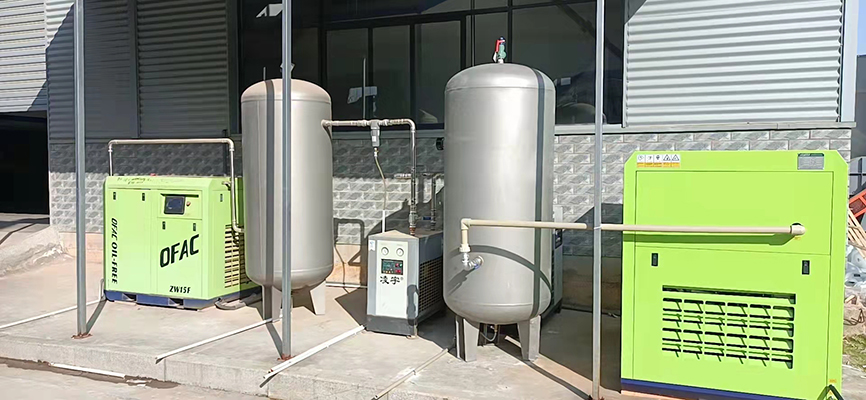Rotary Screw Air Compressor Filter Replacement Tips for Clean Air
News 2025-10-24
Rotary screw air compressors are vital components in many industrial operations, delivering compressed air for tasks ranging from powering tools to controlling processes. Filters within these systems are essential for trapping contaminants like dust, oil, and water vapor, which can otherwise degrade air quality and damage equipment. Maintaining clean air through regular filter replacement not only ensures efficient operation but also upholds safety standards in environments where air purity directly impacts product quality and worker health. Understanding the role of filters helps in recognizing their importance in preventing issues such as corrosion, reduced efficiency, and unexpected breakdowns in critical applications.

In various industrial settings, the demand for clean compressed air is paramount. For example, in automotive manufacturing, filters remove particles that could mar paint finishes or cause defects in assembly. In the food and pharmaceutical industries, they prevent contamination that might lead to health risks or regulatory non-compliance. Similarly, in construction and metalworking, clean air supports precise machining and welding without introducing abrasives that could compromise structural integrity. By focusing on filter maintenance in these scenarios, businesses can enhance reliability, minimize downtime, and ensure that air quality meets stringent industry requirements, ultimately supporting smoother workflows and higher productivity.
The performance benefits of timely filter replacement are significant and multifaceted. Clean filters reduce resistance in the air flow, allowing compressors to operate more efficiently and consume less energy, which translates to cost savings over time. They also protect internal components from wear by blocking harmful particles, extending the lifespan of the entire system and reducing the frequency of repairs. In processes requiring ultra-clean air, such as electronics assembly or laboratory testing, effective filtration maintains precision and consistency, preventing defects that could arise from contaminated air. These advantages underscore how proper filter care contributes to overall system reliability and operational excellence in demanding industrial contexts.
Effective filter replacement involves several key practices to ensure safety and optimal results. Begin by consulting the compressor’s manual for specific replacement intervals and procedures, as these can vary based on usage and environmental factors. Always shut down the system and depressurize it before starting to avoid accidents. Remove the old filter carefully, inspecting it for signs of excessive dirt or damage to gauge potential issues with air intake. When installing a new filter, make sure it fits securely and that all gaskets are properly seated to prevent leaks. Regular monitoring, such as checking pressure differentials, can signal when replacement is needed, helping to maintain peak performance and air purity in rotary screw compressors.


